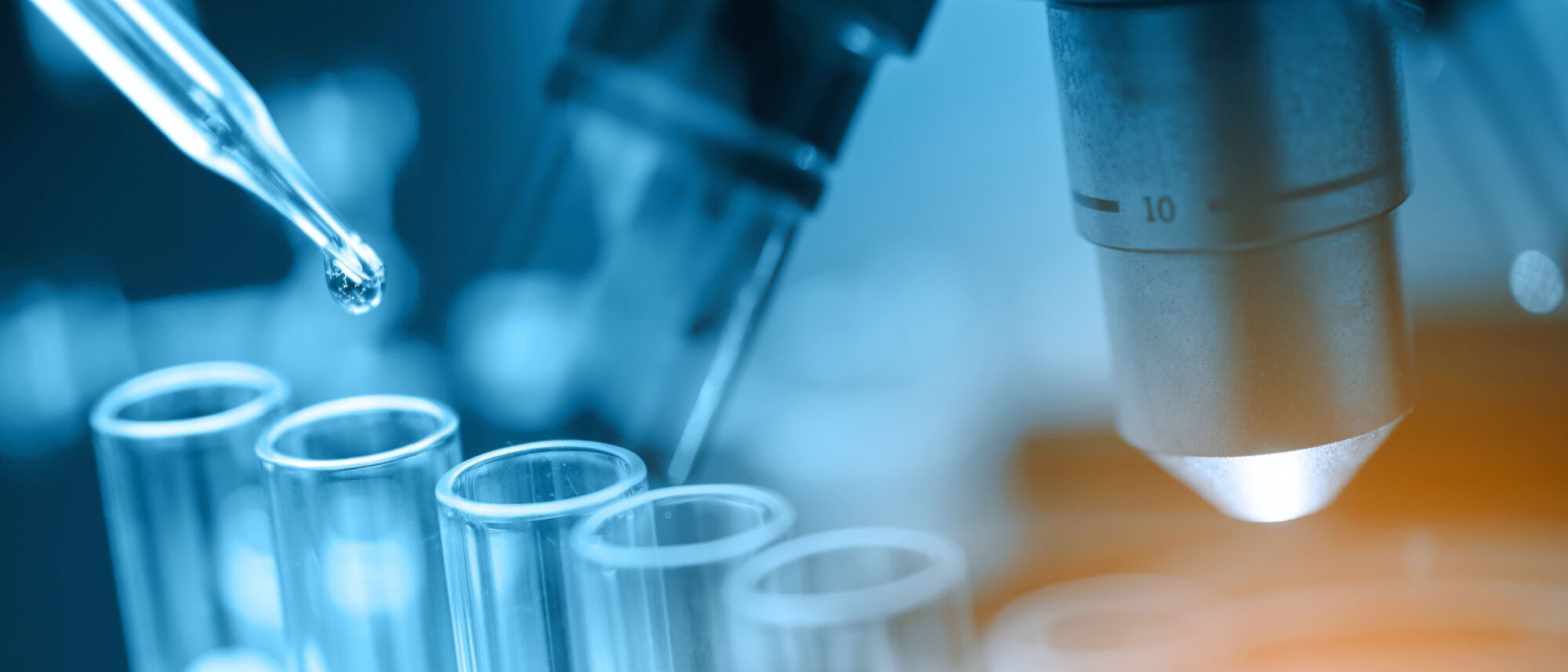
Leading the COVID-19 research response
Our Centre for Virus Research's (CVR) emergency response to COVID-19 illustrates the impact of the ‘molecules to populations’ approach.
Changes in the SARS-CoV-2 genome can have consequences for the efficacy of vaccines and therapeutics. It is vital that we identify variants and understand their impact.
Molecular
Our researchers were among the first to study the emergence of mutations. They developed computational tools to track variants globally (CoV-GLUE; COG-UK Mutation Explorer).
The CVR is one of two laboratories in the UK capable of engineering SARS-CoV-2 with specific mutations. This supports work to identify mutations of particular concern.
The Centre is a key partner in the G2P-UK (Genotype-to-Phenotype) consortium responsible for identifying and characterising variants with the potential to evade existing vaccines, transmit more efficiently or cause more severe disease.
Our researchers have demonstrated that a mutation in the SARS-CoV-2 spike protein reduces the effectiveness of some therapeutics.
Cell
SARS-CoV-2 is a new virus and bespoke reagents and assays are required to advance our understanding of it. Open sharing of these materials is critical to the global research effort.
Centre researchers led global efforts to generate tools and technologies needed to study this new virus. The Coronavirus Toolkit is available to researchers across the world. It supports studies seeking to understand the variants of the virus emerging globally.
Reagents have been shared with every major university in the UK and Ireland, many international labs and pharmaceutical companies. These reagents were used in several high-profile studies published in Science and Cell.
Centre expertise has supported knowledge transfer and training. This includes the development of research protocols for the Lighthouse Laboratories, training for NHS staff in virus sequencing technologies, and the creation of the ISARIC4C biorepository for Scottish COVID-19 samples.
Host
To accelerate drug discovery, it is vital that researchers can safely work with live SARS-CoV-2 virus and with the experimental systems required to test the efficacy of new treatments.
The CVR is one of the few facilities in the UK with a high containment lab and the necessary virology expertise and experimental systems. It was ideally placed to establish a translational laboratory (CRUSH) to screen existing and new antivirals targeting SARS-CoV-2.
The CRUSH laboratory supports projects through collaboration with national and international academic and industry research teams.
Population
To understand how the virus spreads through communities requires rapid genomic sequencing of the virus from confirmed cases.
Centre researchers were among the first in the UK to sequence SARS-CoV-2 from patient samples. They used real-time genomic epidemiology to monitor the transmission and spread of SARS-CoV-2 in Scotland, the UK and Africa.
Centre researchers have shown that travel-associated importations of the virus have driven the pandemic in Scotland. This data informed the UK Government’s Scientific Advisory Group for Emergencies' policy decisions on border control measures.
Centre researchers also used sequencing to prove that human-to-cat transmission of SARS-CoV-2 occurred in the UK.
"The antibodies against SARS-CoV-2 proteins generated by the Centre were fundamental for our research on SARS-CoV-2 viral-protein host interactions. We are now discovering new aspects of coronavirus biology using these antibodies to understand viral-host and viral-viral protein interactions in the context of viral infection."
Prof. Nevan Krogan, Director of the Quantitative Biosciences Institute at the University of California San Francisco

